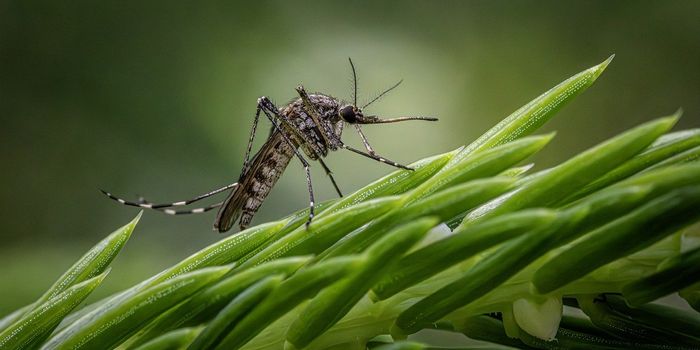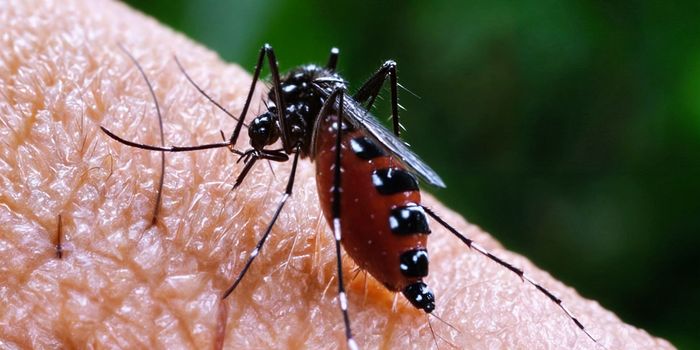The Coronavirus Infects Inner Ear Cells
An increasing number of COVID-19 patients have reported ear-related issues: ringing in the ear, hearing loss, and balance problems. In response, researchers at MIT have identified that the coronavirus is able to infect the cells of the inner ear.
The delicate tissues of the inner ear are responsible for detecting sound and balance. The challenge for scientists is that the human inner ear is one of the most difficult anatomical regions to study. Samples of these cells are particularly hard to come by, and the lack of robust experimental models has held back research into links between viral infections and hearing loss.
To bridge this gap, a team led by Lee Gehrke had been developing cellular models of viral ear infections since before the pandemic hit. They used human skin cells, which were genetically manipulated to revert them into a stem cell-like state. Then, they exposed these induced pluripotent stem cells to differentiate into the distinct cell types present in the inner ear. These included the hair cells, nerve fibers, and Schwann cells.
Mixtures of these cells were then grown under lab conditions in a 3-dimensional format, which provided the researchers with a platform to investigate how SARS-CoV-2 infects inner ear cells. In their study, Gehrke and colleagues demonstrate how hair cells of the inner ear were susceptible to infection, as they express receptors on their surface that the virus hijacks to gain entry.
Following these observations, the team studied a cohort of COVID-19 patients who had experienced tinnitus, vertigo, and mild to profound hearing loss following the infection. They reported that infection patterns in the tissue samples from the patients mirrored those they saw in their cell culture models.
The team plans to use their new model to extend their studies to other viral pathogens and to identify potential therapies to treat COVID-19 patients experiencing auditory issues. “Having the models is the first step, and this work opens a path now for working with not only SARS-CoV-2 but also other viruses that affect hearing,” said Gehrke.









